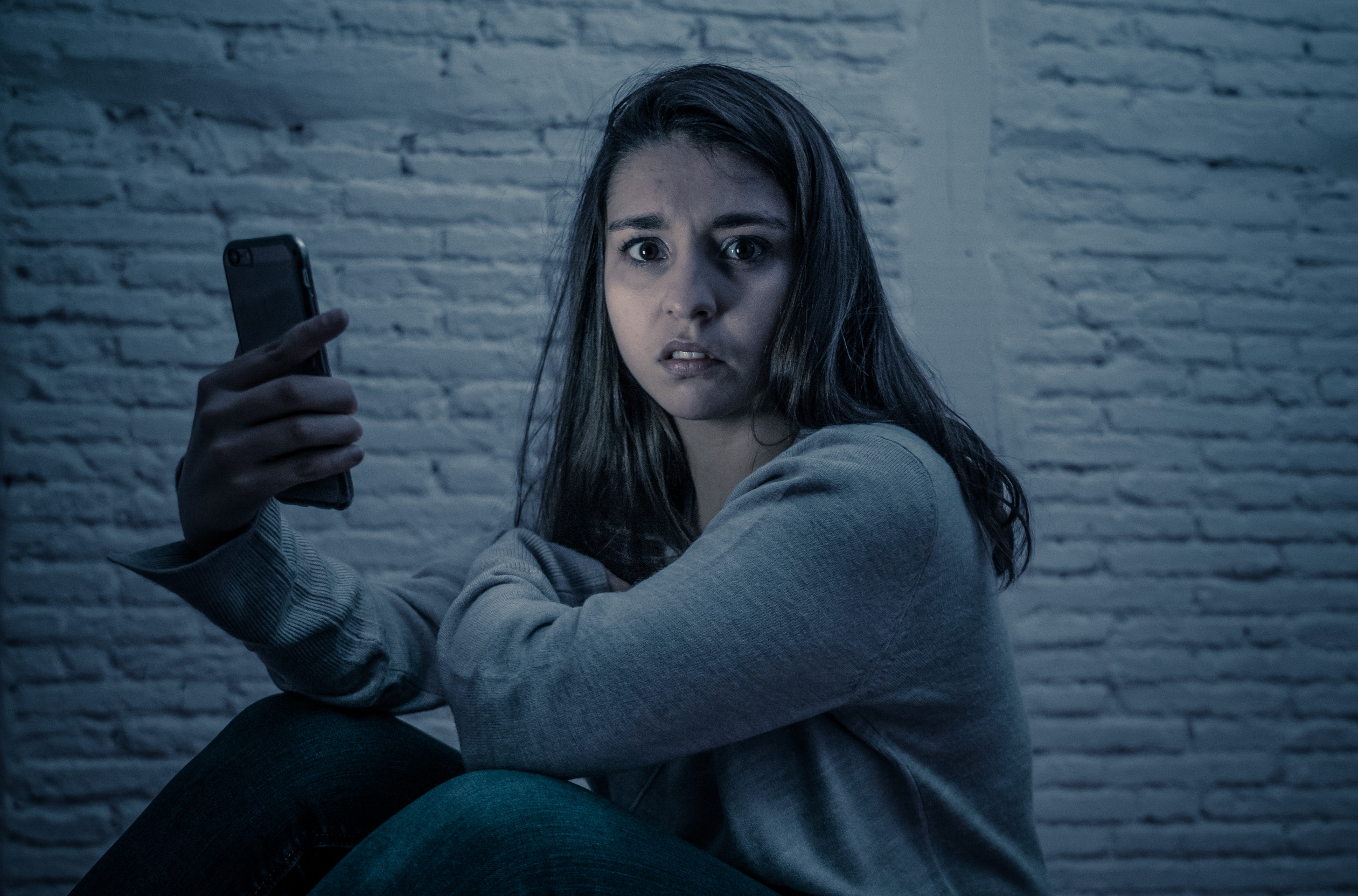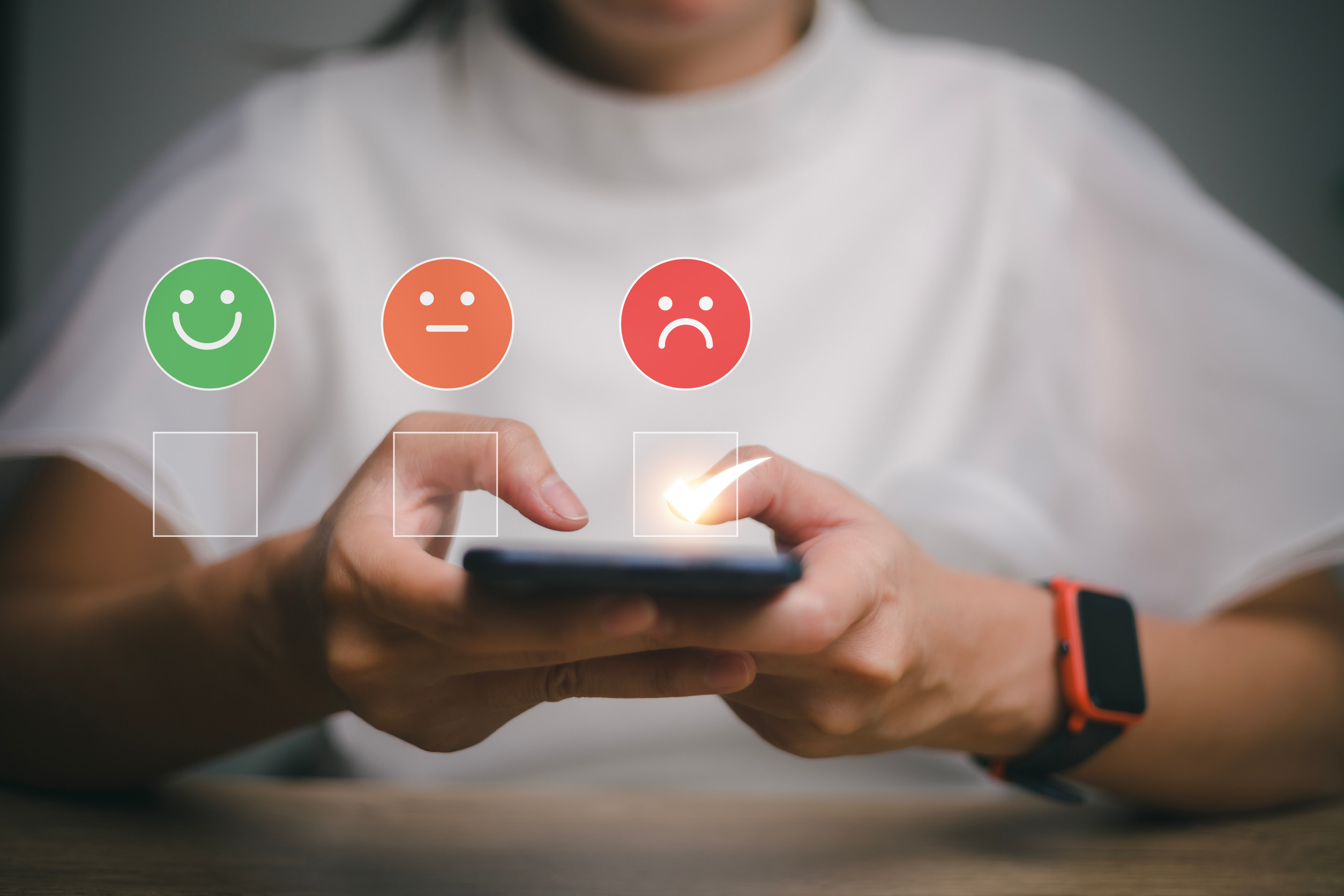
In an age where scrolling has replaced strolling and swiping substitutes genuine conversation, social media has embedded itself into daily life more deeply than ever. Behind the glossy filters and viral dance challenges lurks a darker reality: certain digital trends may be eroding mental well-being in subtle but powerful ways. Platforms once celebrated for bringing people closer now risk driving wedges between self-worth and self-image.
The connection between likes and dopamine hits is old news, but the newest online behaviors continue to shape minds in ways that few truly recognize. To understand how these trends chip away at emotional resilience, it’s worth looking past the surface of selfies and trending hashtags.
1. Hyper-Edited Self-Images and Unrealistic Beauty Standards
Apps that smooth skin, enlarge eyes, and slim waists are now the norm, turning ordinary snapshots into digitally perfected illusions. This constant exposure to manipulated images quietly convinces millions that natural features are flaws that need fixing. Comparing raw reality to edited fantasy fuels a cycle of dissatisfaction and self-criticism. The mental toll grows heavier when young people chase an unattainable version of beauty. Over time, the line between authentic appearance and digital disguise can blur, leaving confidence fractured.
2. Doomscrolling Through Bad News and Crisis Content
What began as staying informed has turned into endless hours of absorbing tragedy, outrage, and fear. News algorithms push shocking content to the top, ensuring a steady stream of negativity at every refresh. The human brain isn’t wired to process global disasters on a constant loop. Consuming relentless bad news feeds anxiety and helplessness in ways that quiet moments offline rarely do. Without boundaries, doomscrolling can sink even the most balanced mind into chronic stress.
3. The Performative Culture of Constant Achievement
Social feeds are saturated with success stories, hustle slogans, and curated milestones. Seeing peers celebrate promotions, engagements, and dream vacations can make everyday life feel painfully ordinary by comparison. This illusion of perpetual achievement pressures users to brand every action as productive and noteworthy. Feelings of inadequacy grow when rest and downtime seem like signs of laziness. Over time, the race to appear impressive online can erode genuine contentment offline.

4. Virality and the Rise of Cancel Culture
At any moment, one wrong phrase or poorly timed joke can become the target of a digital mob. The fear of public shaming creates a low hum of anxiety for anyone posting online. For many, the threat of instant backlash fuels perfectionism and second-guessing. Instead of open dialogue, users retreat into silence or echo chambers to avoid drawing negative attention. The constant possibility of social exile chips away at feelings of safety and belonging.
5. The Illusion of Connection Through Superficial Interaction
While a feed filled with likes and comments seems like proof of popularity, it rarely fills deeper emotional needs. Quick reactions replace meaningful conversations that require time and vulnerability. Digital bonds can dissolve just as easily as they form, leaving behind ghosted messages and unreturned replies. The more superficial the interaction, the lonelier people feel despite appearing socially engaged. Without true intimacy, followers are poor substitutes for friends.
6. Algorithmic Addiction and the Need for Instant Gratification
Social platforms are built to keep users scrolling with a stream of content tailored to their impulses. Each swipe rewards the brain with novelty and fleeting pleasure, reinforcing a cycle of craving and consumption. Over time, patience and focus weaken as the mind adjusts to constant stimulation. Real-life tasks that require delayed gratification can feel unbearable by comparison. The endless scroll rewires attention spans and makes quiet moments feel intolerable.
7. Toxic Comparison Fueled by Influencer Lifestyles
Influencers present curated glimpses of luxury, adventure, and perfect relationships as everyday life. Audiences subconsciously compare their own routines to these highlight reels and often feel like they come up short. Even knowing that much of it is staged doesn’t erase the envy and self-doubt it triggers. This constant measurement against polished lives feeds insecurities that fester in private. Eventually, reality feels dull and disappointing beside the fantasy on-screen.
8. The Pressure of Always Being “Camera-Ready”
Spontaneity fades when every meal, outfit, or hangout is a potential post. The simple joy of living in the moment turns into a performance under imagined scrutiny. People feel compelled to look perfect, even when relaxing at home or meeting friends casually. This subtle performance anxiety adds an invisible weight to everyday life. Over time, authentic moments become props for digital validation.
9. Viral Trends That Encourage Risky Behavior
Not every trend is harmless fun; some challenges and stunts push people to dangerous extremes for views and clout. Young users, in particular, can feel pressure to participate in reckless acts to gain fleeting fame. This quest for virality has caused injuries, arrests, and in tragic cases, loss of life. The dopamine rush of views and shares often outweighs sober judgment. Risky trends highlight how online validation can override personal safety and common sense.
10. Digital Echo Chambers and Growing Social Polarization
Algorithms favor engagement, and nothing engages like outrage and division. Over time, users see more content that aligns with their views, reinforcing biases and shutting out opposing perspectives. This digital tunnel vision deepens tribal thinking and hostility toward others. Civil discourse and healthy debate give way to insults and block buttons. Living in an echo chamber amplifies loneliness, stress, and the belief that meaningful dialogue is impossible.
The Quiet Costs of Scrolling
Social media remains a powerful tool for connection, inspiration, and entertainment—but its hidden traps deserve more scrutiny than they often receive. Every like, swipe, and share may carry an unseen price for emotional health. Recognizing these subtle harms is the first step toward reclaiming control from the algorithms that profit from divided attention and self-doubt.
Awareness and conscious habits can turn the tide back toward balance. What other digital trends have quietly affected your mental health? Share a thought or comment below—this conversation is one that deserves to be heard.
Read More
10 Outdated Parenting Ideas That Still Circulate on Social Media
7 Mindful Swaps That Can Help You Finally Break Your Social Media Habit
The post 10 Social Media Trends That Are Quietly Linked to Mental Health Decline appeared first on Everybody Loves Your Money.







